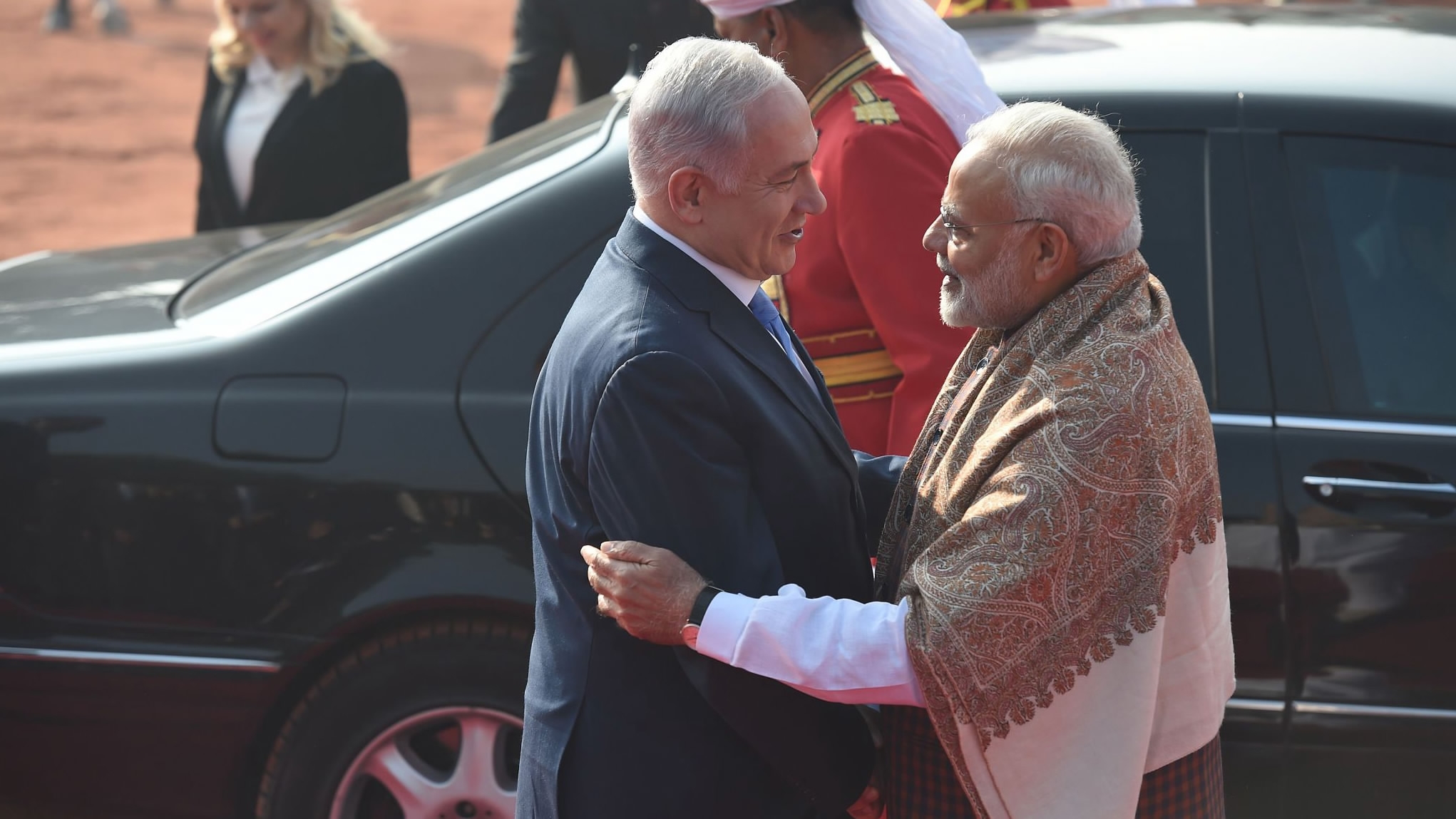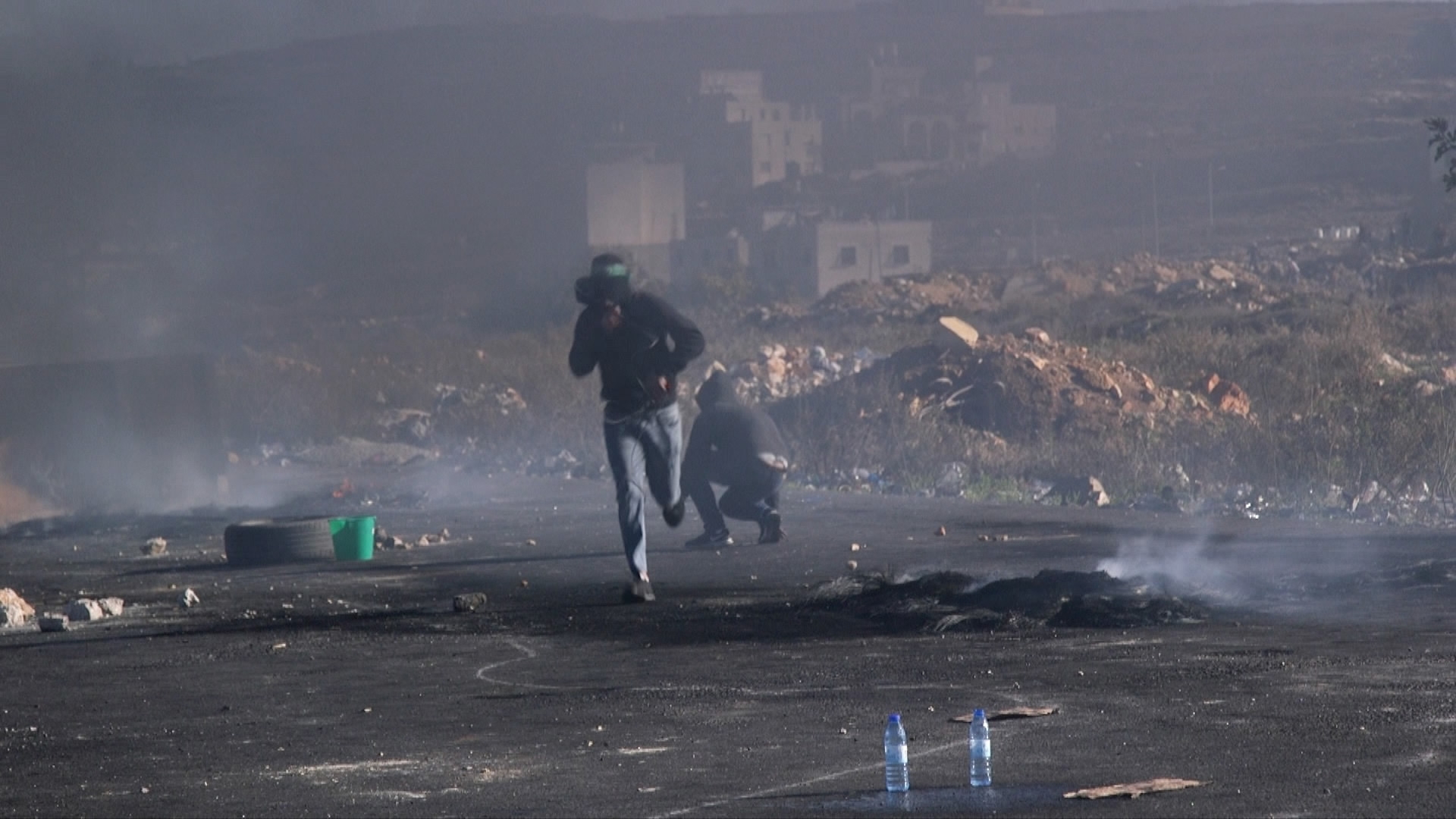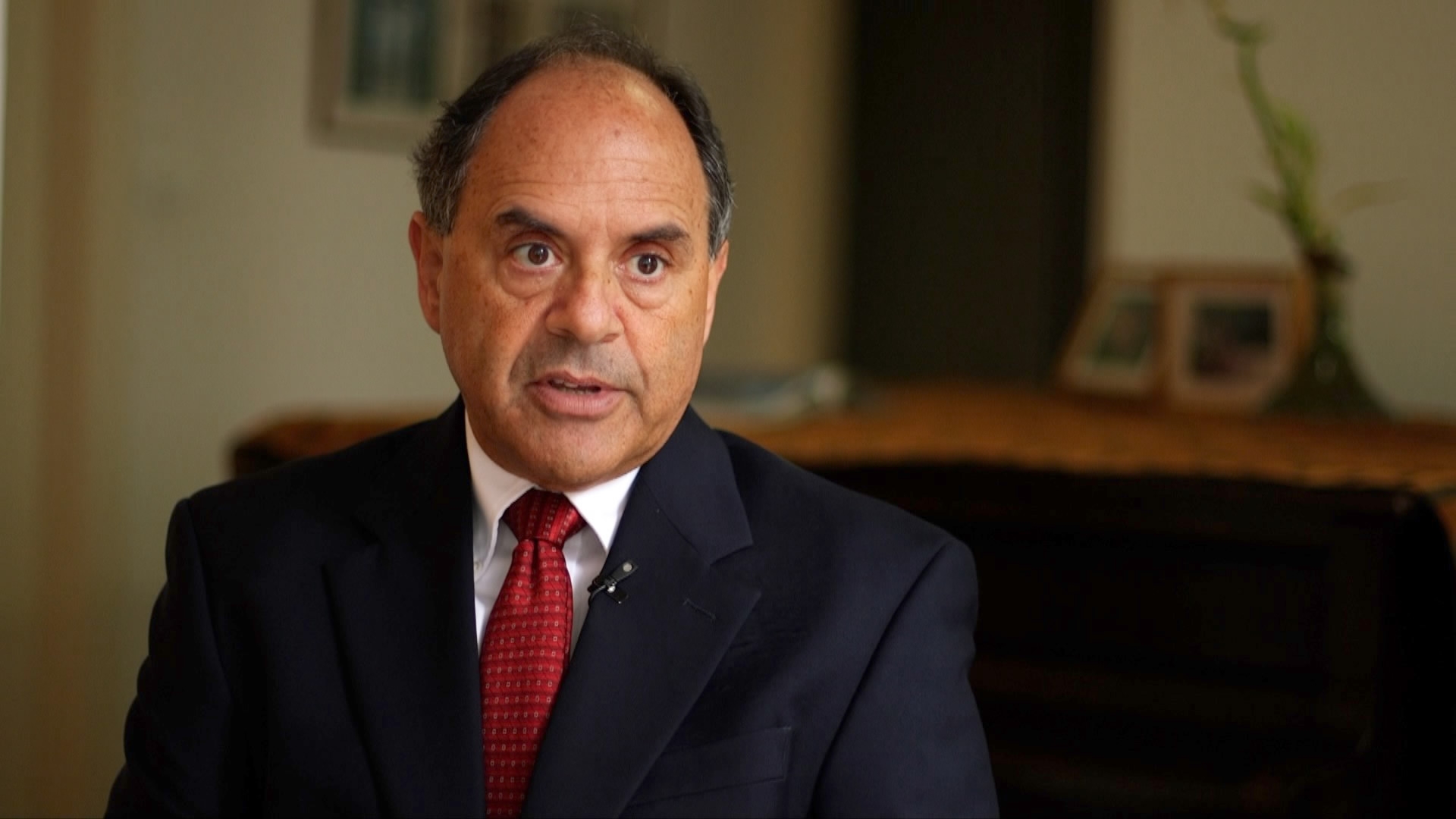
Politics
12:45, 16-Jan-2018
India and Israel alliance? Unlikely, more on military trade
By Stephanie Freid

Israel’s Prime Minister Benjamin Netanyahu, traveling with an entourage of more than one hundred business people, is on a historic visit to India. Netanyahu is the first Israeli premier to visit India in fifteen years.
His visit comes half a year after India’s Prime Minister Modi made history by being the first ever Indian premier to visit Israel.
Each time the two meet, they radiate warm relations and strong ties. Their relationship has even been referred to as a “lovefest”.
Alliance unlikely
Given a bit of background on the countries, ultra-warm ties seem unlikely, given the following facts.

Palestinians protest occupied West Bank. /CGTN Photo
Palestinians protest occupied West Bank. /CGTN Photo
India is historically pro-Palestinian; India usually votes against Israel at the UN; India’s minority Moslem population is the third largest Moslem population in the world; India does 18 percent of its business in the Arab world - business with Israel accounts for a mere one percent of the country’s economic intake; in a December UN vote, India voted against recognizing Jerusalem as Israel’s capital.
What is the major driving force behind increasingly closer ties?
It's the weapons
Israel has been officially selling weapons to India for 25 years - that’s when ties were formally established between the two countries.
In terms of sales, India is Israel’s second biggest market.
And India relies heavily on contracts with Israel to provide surveillance and radar technology, drone technology, Barak anti aircraft missiles, AWACS technology and other hardware.
To illustrate the point: Among the 130 or so business people traveling with Israel’s prime minister, aiming to forge bi-lateral deals are senior Israeli defense company figures Israel Aerospace Industries, Elbit Systems, Rafael Advanced Systems and Aeronautics Ltd.
Weeks before the Israeli delegation was due to travel east, India cancelled a half a billion US dollar Spike anti-tank missile deal the two sides had agreed upon.
Israeli manufacturer Rafael Advanced Systems was reportedly still trying to salvage the deal when the delegations met in India.
But analysts say in the scope of the relationship between the sides, it’s not a big deal.

Chuck Freilich, Former Israel Deputy Security Adviser. /CGTN Photo
Chuck Freilich, Former Israel Deputy Security Adviser. /CGTN Photo
“Overall the military relationship has been expanding very nicely….This deal didn’t work. That’s unfortunate,” said Chuck Freilich, former Israel deputy national security adviser. "Other deals are in the works."
India has a vested interest in keeping relations smooth with Arab world business partners.
That could be why India’s Prime Minister Modi is reportedly due to travel to the Middle East - including to Palestine - sometime in late January or early February.

SITEMAP
Copyright © 2018 CGTN. Beijing ICP prepared NO.16065310-3
Copyright © 2018 CGTN. Beijing ICP prepared NO.16065310-3